About the Wildlife Habitat Ecology Lab
Welcome to the Wildlife Habitat Ecology Lab at Montana State University.
We conduct applied research to improve ecological understanding and conservation of
wildlife. Our study systems are diverse and include animals with a wide range of
life histories and ecosystems that differ in seasonality and patterns of resource
availability. We use both experimental and observational approaches and employ a variety
of techniques including mark-recapture, radio-telemetry, surveys, stable isotopes,
and quantitative modeling to answer questions about wildlife-habitat relationships.
A major focus of our research and teaching programs is working with animal and range
scientists to develop novel management strategies that benefit both wildlife and producers. Much
of our research addresses questions regarding space use and demography of free-ranging
animals in response to habitat manipulation and human land use.
WHEL is located within the Department of Animal and Range Sciences at Montana State
University. Our partners include state and federal widlife agencies.
Inquiries regarding the lab should be sent to Dr. Lance McNew at Lance.McNew@Montana.edu
PHOTO GALLERY: WHEL in the Field
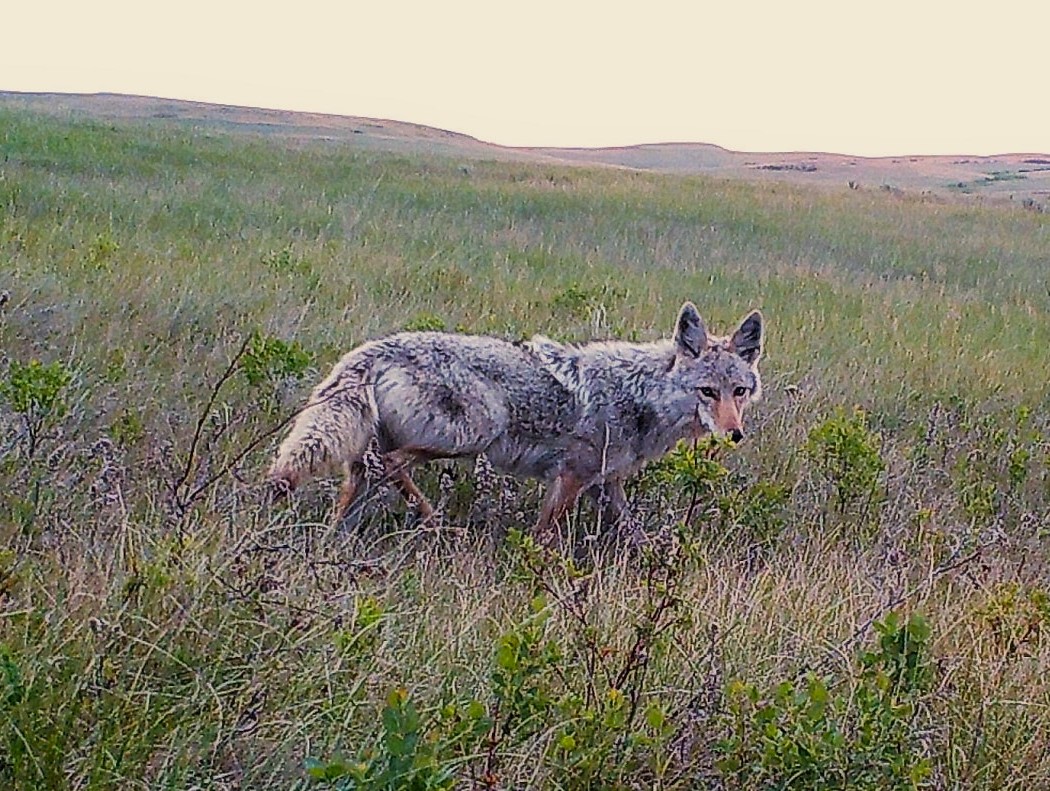
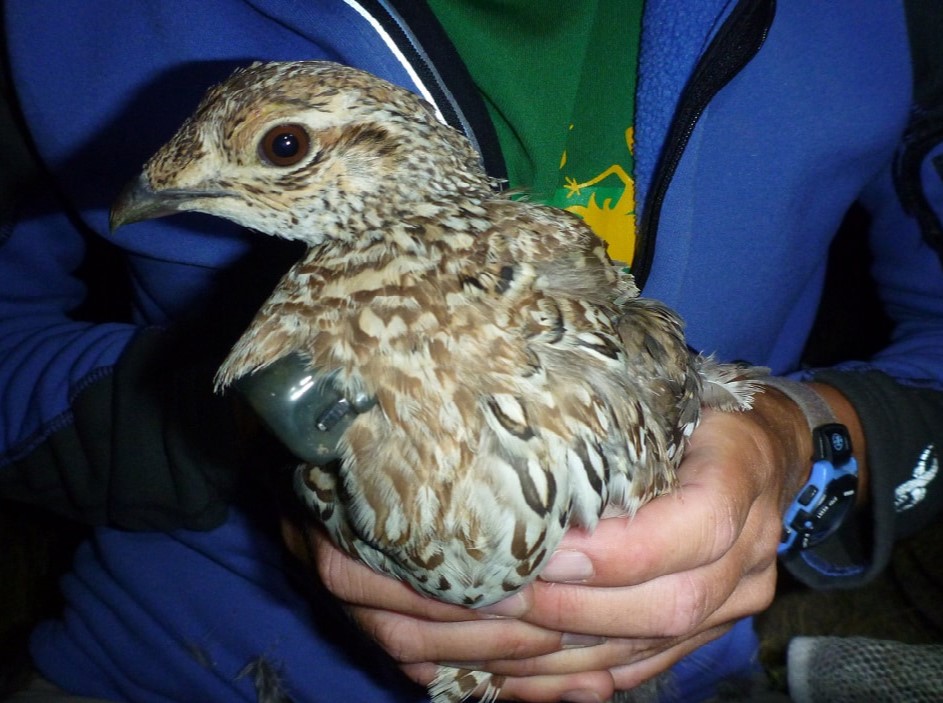
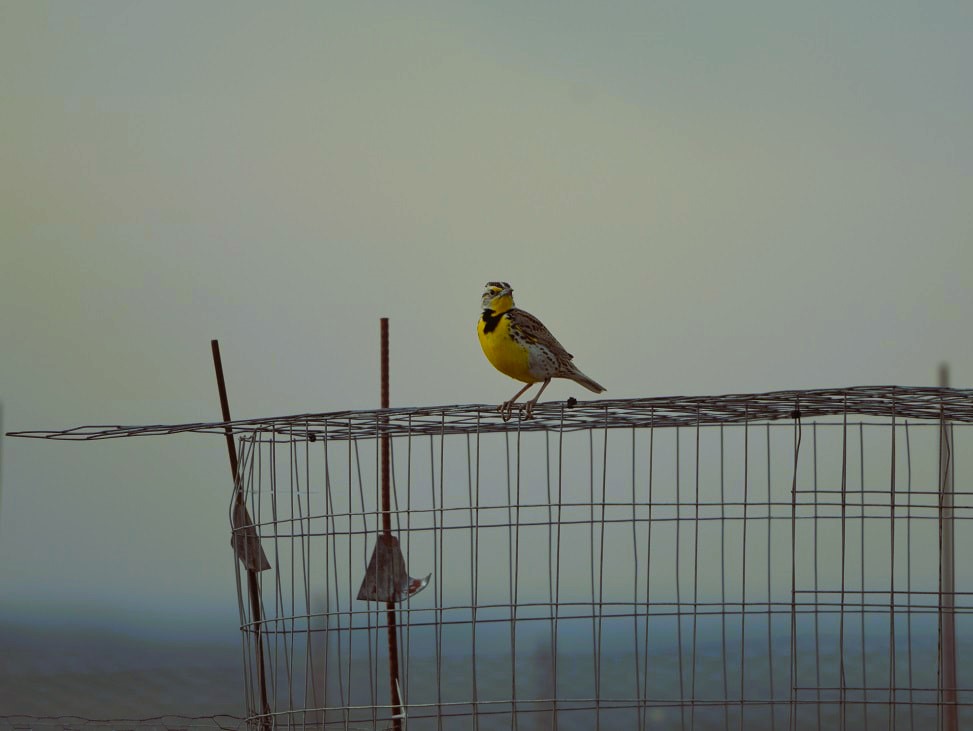



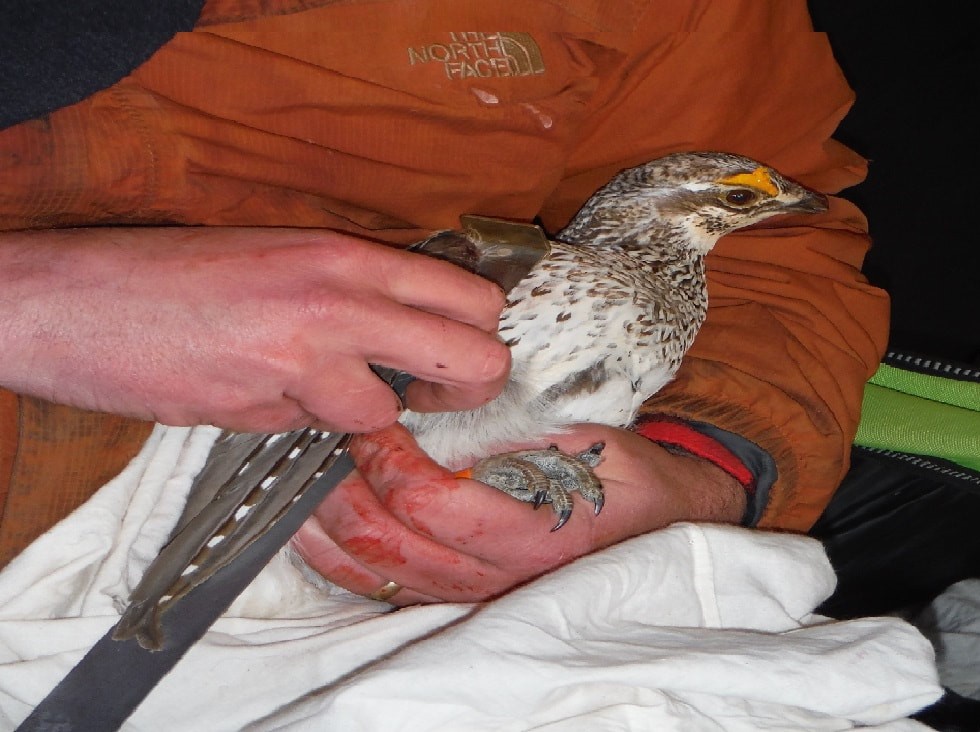
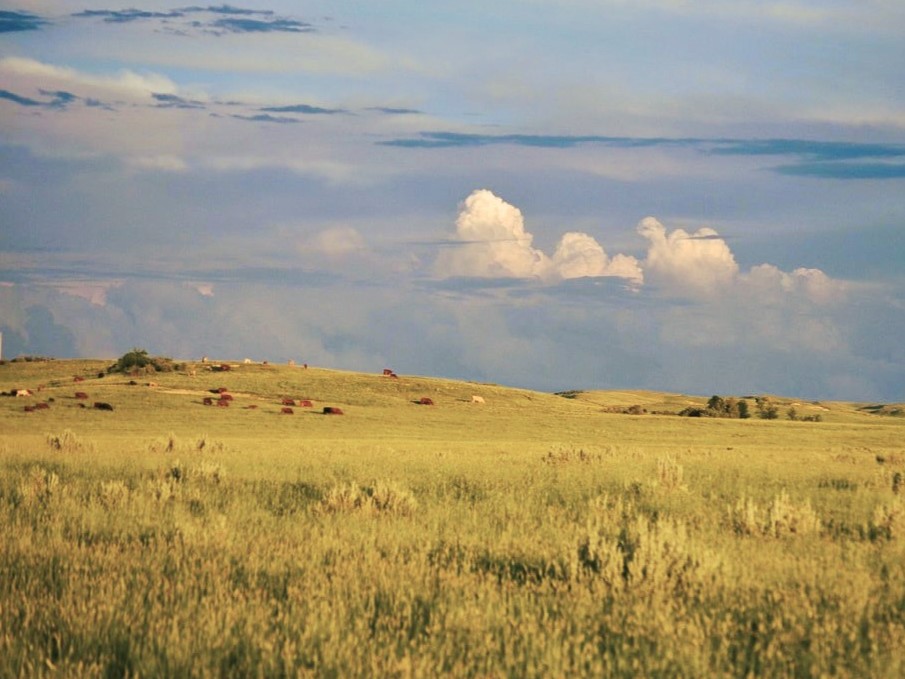
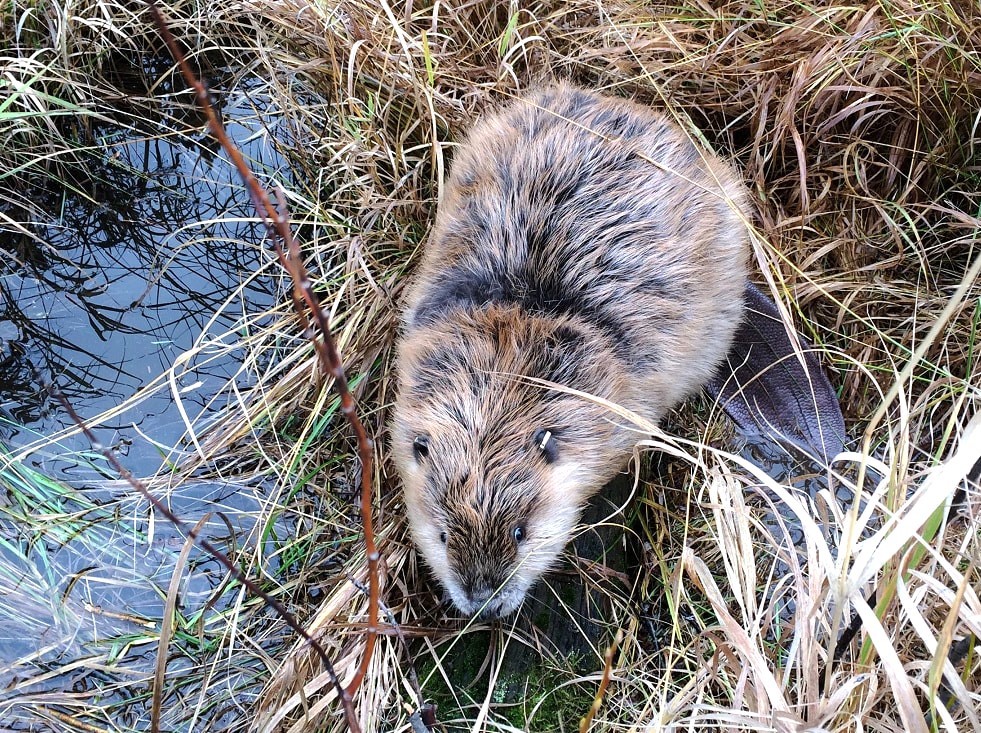
WHEL In the Media
Sharp-tail Grouse Egg Floating | FWP Outdoor Report
Beaver Research | FWP Outdoor Report
Effects of Electric Fence Permeability on Grizzly Bears in the Blackfoot Valley
Affiliations
Program in Animal & Range Sciences
Our home department, where the magic happens
Program in Ecology and Environmental Sciences
Conservation Leaders for Tomorrow
Conservation Leaders for Tomorrow (CLfT) is a professional development program designed for student and professional leaders within the natural resource sciences. CLfT focuses on hunting awareness and conservation education among academic programs and government agencies.
The Wildlife Society
To inspire, empower, and enable wildlife professionals to sustain wildlife populations and habitats through science-based management and conservation.
TWS Rangeland Wildlife Working Group
The Rangeland Wildlife Working Group promotes unified efforts in managing rangelands for both wildlife and livestock sustainable use.
Society for Range Management, Wildlife Habitat Committee
The WHC was created in 1991 to address wildlife issues on rangelands and provide a forum for SRM members interested in the subject. Its mission is to make known the ecology and management behind wildlife habitat issues, to foster relationships with wildlife interests and to provide vision and solutions for wildlife habitat challenges.
IUCN-Species Survival Commission, Galliformes Specialist Group
